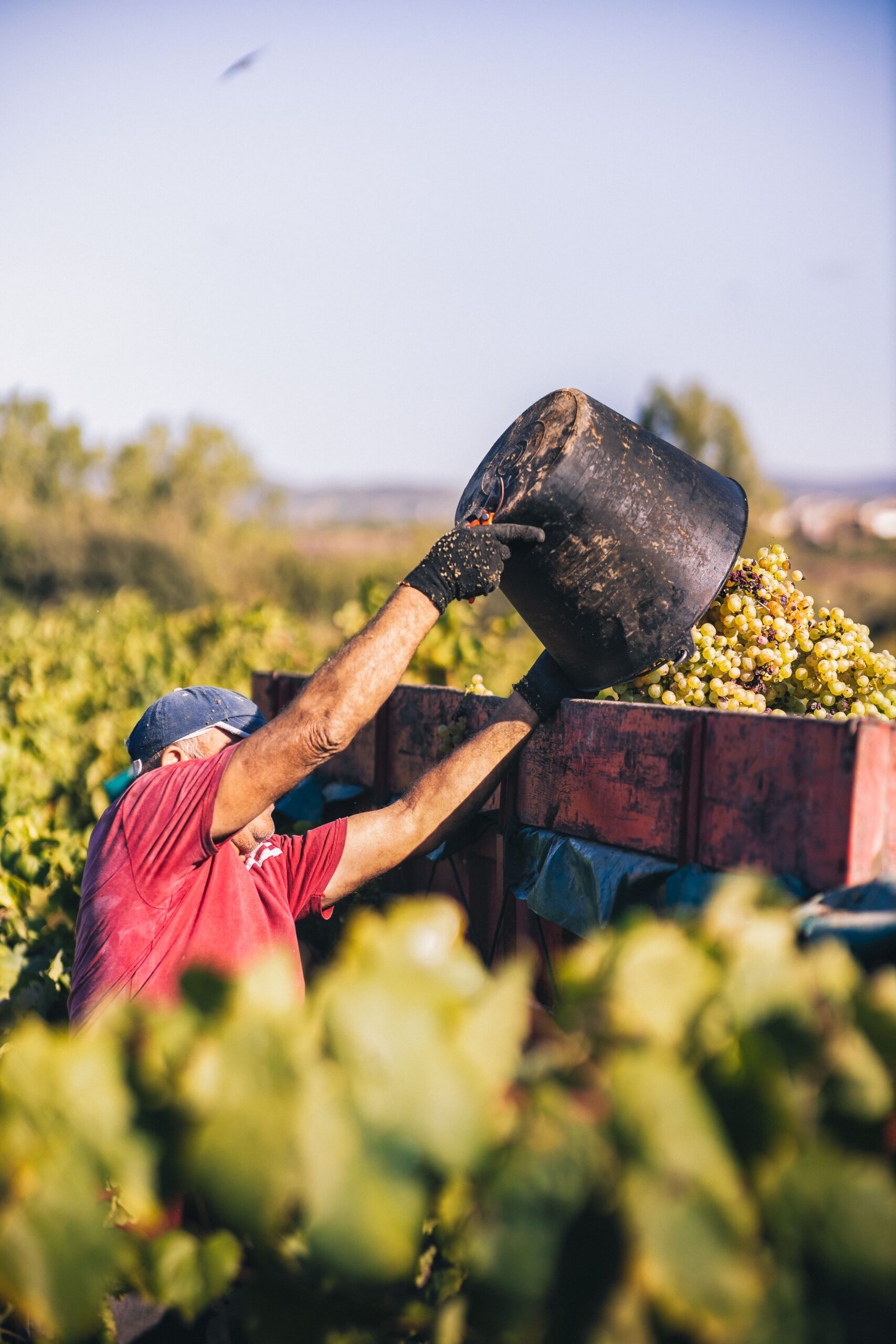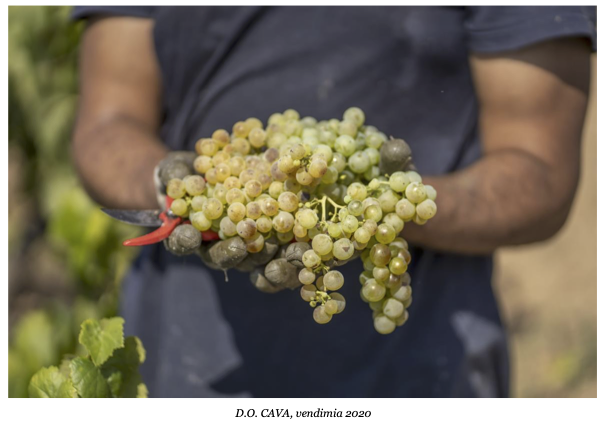Good quality and low production mark the harvest of the D.O. Cava
The positive collaboration with the sector and the increase in resources have been key to guaranteeing compliance with the demanding quality standards required by the D.O. Cava
Vilafranca del Penedès, 6th October 2020 – The Cava Regulatory Board declared the end of the Cava harvest on Monday 5th October, one of the earliest dates in recent years. The 2020 harvest ended with good quality grapes, but with a significant drop in production due to the effects of mildew in some areas, both because of the heavy rain and humidity in spring and the yield limit of 10,000 kilos per hectare approved unanimously by the Regulatory Council for this year. According to data from the Cava Regulatory Board’s Technical Services, it is estimated that overall production in the region will fall by an average of 25% compared to 2019, with a particular impact on the Alt and Baix Penedès regions and on organic vineyards. Thus, the D.O. Cava harvest amounted to 240 million kilos of grapes, compared to 322 million last year.

“The drought of the last two months before the harvest helped to mitigate the effects of mildew and to obtain small fruit with moderate degree and acidity, ensuring a good quality grape” states the Director of the Technical Services of the Regulating Council, Luis Marco.
In addition, the weather conditions have brought the harvest forward by two weeks over the usual average.
It is important to highlight the great collaboration with the winegrowers and winemakers and the record number of 90 verifiers that the Regulating Council has made available as success factors to certify the demanding quality standards and guarantee the excellence and origin of the grapes. In addition, the creation of a coordination centre to ensure and speed up the tasks of the verifiers has proved to be essential. These verifiers, in turn, have taken advantage of new technologies to develop applications specifically designed for the grape harvest. It has been possible to validate in real time, with daily declarations, the entries of grapes, the kilos, their quality, the variety, its degree, its origin and plot of origin.
Finally, a high quality harvest has been achieved, based on rigorous criteria that guarantee the traceability of the grapes and a quality that will culminate in some extraordinary Cavas.
DO CAVA
With more than 60% of international sales, CAVA is the Spanish D.O. that exports the most. It has more than 38,000 hectares of vineyards and more than 6,800 winegrowers. Its 370 associated wineries are present in over 100 countries. CAVA, a universal harmony for gastronomy, is made using the traditional method with a strict commitment to origin, land and sustainability.
For more information:
Virginia Antonín
T +34 93 412 78 78 Ext. 2029
M +34 717 128 322
virginia@mahala.es
https://mahalawine.es/
06/11/2021
The D.O. CAVA is focused on ensuring the origin and compliance with the demanding qualitative regulations of the harvest, without forgetting the pandemic.
Vilafranca del Penedes, 01 September 2020.- This harvest has been re-implemented outstanding measures to deepen the verification of the regulations and guarantee of the D.O. seal. Cava. For the second year in a row, a powerful team of verifiers of more than 90 people has been launched in these campaign months. This effort guarantees the seriousness, provenance and traceability of the product from its very origin. The president of the D.O. CAVA, Javier Pagés, states that the commitment to rigor and control is carried out “in order to give the maximum guarantee to the consumer”. The control measures taken in the D.O. CAVA are equated to the most demanding applied in the most prestigious appellations of origin in the world.
The more than 90 hired verifiers, who have been specifically trained, work 40 hours per week, with a schedule that goes according to the very reality of the vineyard and, consequently, the rhythms of the wineries to which they are assigned. The D.O. verifiers. CAVA receive a complete training, which, given the current reality we live, is taught both in person and online; this year also includes knowledge and implementation of the protocols and security measures needed to adapt to COVID-19.
The days start early giving entry into the scale from which the kilos of grapes that enter to be pressed are checked, recording their origin and origin, analyzing, among other qualitative parameters, the yields of the vines, the probable alcoholic strength or the levels of gluconic acid to verify that it complies with the regulations required by the D.O. Cava. Essential work to ensure traceability and compliance with demanding qualitative regulations.

Launch of a new app
For this campaign a new application specific to verifiers and wineries has been developed. It allows you to collect and develop a database in real time. Verifiers through their mobile devices can access this new data source and thus in an easy and agile way coordinate with the warehouses and guarantee both the origin and due compliance with the regulations.
A focal points have also been established at the headquarters of the Regulatory Council with four focal points for the proper monitoring and monitoring of data entered daily by wineries and verifiers through the application.
Compliance with security measures
For the recruitment and assignment of the verifiers to the warehouses, the corresponding security measures have been taken. In addition, each verifier follows the COVID-19 regulations and protocol of the winery to which it has been assigned, with PCR tests and daily temperature controls. In addition, each verifier receives the corresponding EPIS (Individual Protective Equipment), among which there are masks and hydroalcoholic gel. This year there are approximately 90 verifiers and a total of 8 coordinators working mornings and afternoons.
The controls of the D.O. Technical Services. CAVA start in the vineyards, based on the records of plots entitled to produce grapes to the D.O. CAVA, in the control of yields, the monitoring of the quality and the final destination of the grapes. After the harvest, quality, analytical and organoleptic checks are carried out, in order to qualify the base wines, a process during which periodic inspections, stock declassifications and movement verification are carried out. Actions all of them fundamental to ensure product traceability and assure the consumer Cavas of excellence.
DO CAVA
With more than 60% international sales, CAVA is the Spanish D.O. that exports the most. It gathers more than 38,000 hectares of vineyards and more than 6,800 winegrowers. Its 370 partner wineries are present in more than 100 countries. Cava, universal harmony for gastronomy, is produced by the traditional method with a strict commitment to origin, land and sustainability.
For more information:
Naila TahbaubT +34 93 412 78 78 Ext. 2029
M +34 667 79 82 25
naila@mahala.es
02/05/2021


